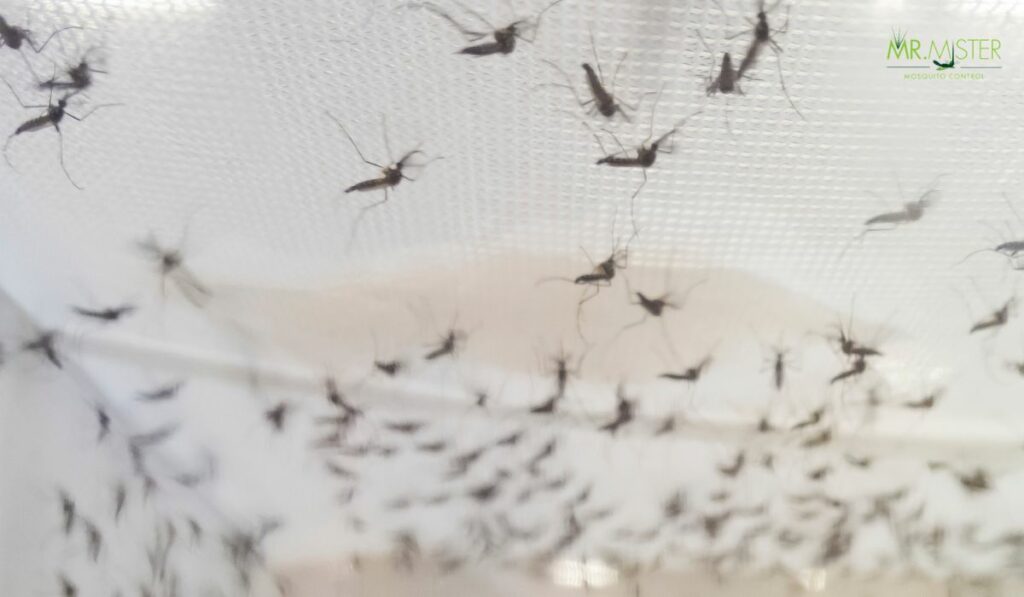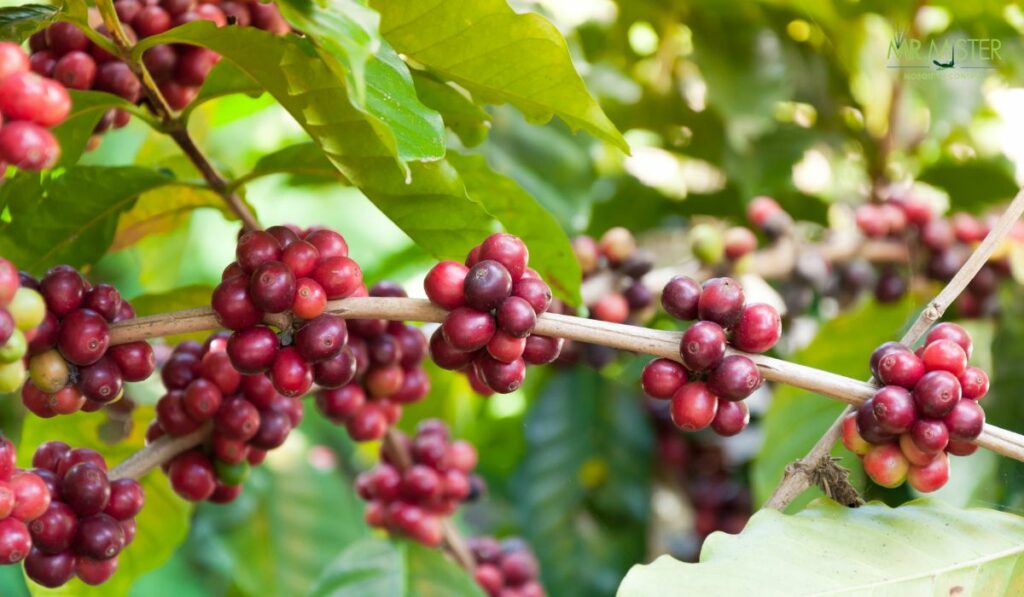Is It Effective To Use Coffee Grounds For Mosquito Control?
Using coffee grounds for mosquito control is a popular home remedy many people swear by. While it may not provide a foolproof solution, coffee grounds can help repel mosquitoes to some extent. So let’s delve into the details.
How Coffee Grounds Repel Mosquitoes?
The pungent aroma of coffee grounds acts as a natural repellent for mosquitoes. When coffee grounds are burned or dampened and placed strategically, they release a scent that interferes with the mosquitoes’ ability to locate their human targets. This can help create a barrier and discourage mosquitoes from entering specific areas.
Steps To Use Coffee Grounds As Natural Mosquito Repellent
- Collect coffee grounds: Save your used coffee grounds instead of discarding them. Allow them to dry out if they are damp.
- Burn the coffee grounds: Place the dried coffee grounds in a heat-resistant container, such as a metal tray or tin can. Ignite the floors with a lighter or match, and allow them to smolder and produce smoke. Position the container in the desired area, ensuring it is stable and secure.
- Dampen the coffee grounds: Alternatively, you can dampen the coffee grounds with water to create a moist mixture. Place the soaked feet in bowls or other suitable containers, and position them in areas where you want to repel mosquitoes.
- Monitor and replenish: Keep an eye on the coffee grounds and fill them as needed. If burning, ensure you extinguish the smoldering foundations properly after use.
Keep Mosquitoes Away With Coffee Grounds
Coffee grounds can be a valuable tool in your arsenal against mosquitoes. By strategically placing burned or dampened coffee grounds in your outdoor spaces, you can create a natural barrier and help repel these pesky insects. However, it’s important to note that coffee grounds should be considered an additional measure and used with other mosquito control methods for optimal results.
FAQ
How do you use the coffee ground as an insect repellent?
To use coffee ground as an insect repellent, you can burn them to release the smoke or dampen them with water and place them strategically. In addition, the strong scent of coffee grounds is a natural deterrent for insects.
What insects do coffee grounds kill?
Coffee grounds are primarily used to repel insects rather than kill them. Due to their intense aroma, they can help repel mosquitoes, ants, and other insect pests.
What can I set on the ground to kill mosquitoes?
While coffee grounds may not directly kill mosquitoes, you can consider using mosquito larvicides, such as Bacillus thuringiensis israelensis (BTI), which target mosquito larvae in standing water. This helps to interrupt the mosquito life cycle and reduce their population.
Does coffee and lighter fluid keep mosquitoes away?
A mixture of coffee grounds and lighter fluid may produce smoke and scent that could deter mosquitoes. It is important to exercise caution when using lighter fluid and follow safety guidelines to prevent accidents.
Do fresh coffee grounds attract bugs?
Fresh coffee grounds do not typically attract bugs. However, the intense aroma of coffee grounds can deter certain insects, including mosquitoes and ants.
What animals do coffee grounds keep away?
Due to their strong scent, coffee grounds are believed to help deter animals like slugs, snails, and cats. However, their effectiveness may vary, and it’s best to use additional measures specific to the animal you are trying to repel.
Does burning coffee grounds keep mosquitoes away?
Burning coffee grounds can produce smoke that may help repel mosquitoes. In addition, the strong scent released during the burning process interferes with mosquitoes’ ability to locate humans, reducing their attraction to the area.
Will coffee grounds hurt my lawn?
Coffee grounds, when used in moderation, can benefit your lawn. They act as a natural fertilizer and contribute organic matter to the soil. However, excessive coffee grounds may alter the soil pH, so it’s best to use them sparingly or compost them before applying.
Do coffee grounds attract rodents?
There is no technical evidence to suggest that coffee grounds attract rodents. However, the strong scent of coffee grounds may deter certain pests, including rodents.
How do landscapers keep mosquitoes away?
Landscapers often employ mosquito control measures, including eliminating standing water, trimming vegetation, using mosquito-repelling plants, and engaging professional mosquito control products or services.
What do mosquitoes hate?
Mosquitoes dislike strong scents like citronella, eucalyptus, lavender, and peppermint. Using mosquito repellents or planting these aromatic plants can help repel mosquitoes.
How do I treat my yard for mosquitoes naturally?
To treat your yard for mosquitoes naturally, eliminate standing water, trim vegetation, encourage natural predators like dragonflies and birds, use mosquito-repelling plants, and consider using natural repellents such as essential oils.
What do mosquitoes hate the worst?
Mosquitoes strongly dislike certain scents, including citronella, eucalyptus, and lavender. In addition, these scents can help mask the attractants that mosquitoes are drawn to, making the area less appealing to them.
What is homemade mosquito repellent?
DIY mosquito repellents are commonly created by blending essential oils like citronella, eucalyptus, or lavender with a carrier oil such as coconut or olive oil. These natural repellents can be applied to the skin to help repel mosquitoes.
What smell chases mosquitoes away?
Mosquitoes are repelled by strong scents such as citronella, eucalyptus, lavender, peppermint, and lemongrass. Using candles, sprays, or essential oils with these scents can help deter mosquitoes.
* Schedule a Free Mosquito Control Consultation – 404-941-0720 *
* Guaranteed Results * 100% Biodegradable * Locally Owned







